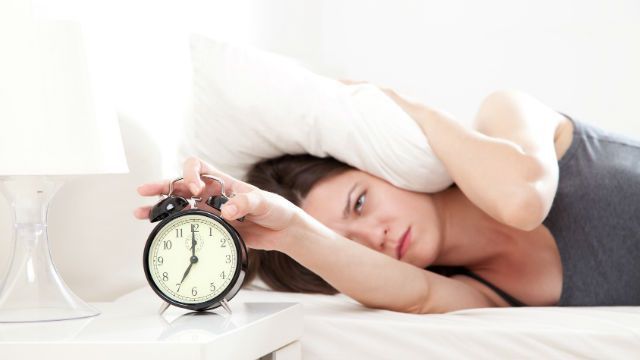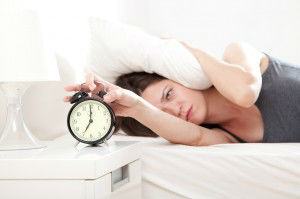
The risks associated with not getting enough sleep are well-established. They include increased stress, lower levels of cognitive function and a higher risk of a number of chronic illnesses. Getting a good night’s rest has even been linked to both preventing and helping to recover from disease. However, can too much sleep be just as hazardous?
A body of research performed in recent years has found that sleeping too much can actually have many of the same negative health effects as sleeping too little.
A 2011 study performed by researchers at the University of Warwick Medical School in the United Kingdom analyzed data from 470,000 individuals from eight different countries (including the US) over a timeframe of between seven and 25 years. The researchers found that insufficient sleep (less than 6 hours a night) was linked to heart disease, stroke and overall early death.
However, one of the study’s authors, Professor Francesco Cappuccio, states that sleeping over nine hours a night may indicate an underlying illness, such as heart disease. In general, unless recovering from an illness, surgery or extreme stress, most experts recommend between seven and nine hours of sleep per night for adults.
Some of the other conditions linked to oversleeping are an increased risk of cardiovascular conditions, diabetes, early death, obesity, back pain, headaches and depression. While depression can sometimes lead to oversleeping, oversleeping can also lead to heightened depression, making it a vicious cycle.
Furthermore, as staying up late and waking up late interferes with the body’s natural circadian rhythms, you may actually feel more tired when you wake up, even if you slept for many hours. Dr. Lisa Shives, the director of Northshore Sleep Medicine in Illinois, calls this “sleep drunkenness.” Like Professor Cappuccio, she also states that frequent oversleeping may be a sign of a chronic illness.
Some individuals who oversleep on a regular basis may do so due to a medical condition known as hypersomnia. It is characterized by feeling sleepy almost all the time, and never feeling rested despite long hours of sleep at night, and frequent naps.
Symptoms of hypersomnia include anxiety, loss of appetite and memory problems. Alcohol, drugs and some prescription medications may also lead to frequent sleepiness and a lack of truly restful shut-eye.
Of course, some of us simply have a lot to do in a day, and stay up into the wee hours to get everything done. This can make it difficult to get up early, so we sleep into the afternoon hours whenever we can to ‘compensate.’
 Instead of making up for lost sleep, however, this throws off our regular sleep schedule, and causes grogginess and poorer function throughout the day, as well as an increased risk of health problems.
Instead of making up for lost sleep, however, this throws off our regular sleep schedule, and causes grogginess and poorer function throughout the day, as well as an increased risk of health problems.
Professor Cappuccio says, “by ensuring you have about seven hours of sleep a night, you are protecting your future health, and reducing the risk of developing chronic illnesses.”
Although it may be difficult, organizing our time so that we can go to bed at a decent nighttime hour, and wake up early and refreshed, really pays off when it comes to both health and productivity.
-The Alternative Daily
Sources:
http://www.webmd.com/sleep-disorders/guide/physical-side-effects-oversleeping
http://www.eurekalert.org/pub_releases/2011-02/uow-lnc020711.php
http://www.cnn.com/2013/11/05/health/upwave-sleep-too-much
http://www.cbsnews.com/news/is-oversleeping-hazardous-to-your-health
http://www.thealternativedaily.com/can-fight-disease-sleep

